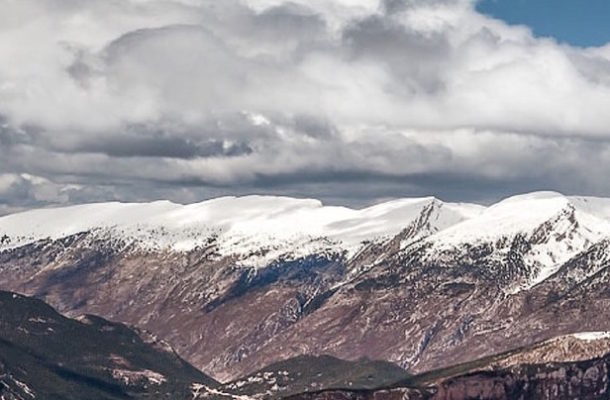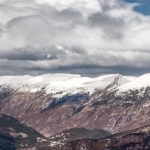The Rain in Spain

The push for Catalonian independence has its roots in conflict dating back 300 years. Independence movements elsewhere in Europe and beyond, including the U.K. should be closely watching developments in Spain.
It tends to be wealthier regions that want to break away, claiming that they are carrying more than their share of the economic burden in their respective nations. But this popular course may lead the Catalans back to a future quite unlike the one they are anticipating.
The population of Barcelona grew rapidly after WW2. The rate of growth has declined but the demands of tourism place considerable strain on water supply and other infrastructure which many Catalans clearly resent.
Barcelona has had acute water supply problems in the recent past. During severe drought, water had to be imported by ship to augment insufficient domestic supplies. Ground water is depleted and the quality is typically poor. Flow in the relatively short surface waterways is seasonal and these streams are often polluted. Water extraction from the Ebro River is crucial for national food production and hydroelectricity. Further diversions to Barcelona would most likely be strongly contested.
Exploring the country outside the cities of Europe, you soon discover why the original inhabitants, and later the Romans, decided to settle where they did. The sources of water, some of which are still in use, must have been fiercely defended. Vital natural assets have shaped the patterns of civilisation and human development for thousands of years, often in unpredictable and surprising ways with terrible consequences.
Water desalination is the preferred ‘tech-fix’ in Spain but it is energy-intensive and expensive even for domestic use and prohibitively so for agriculture. The social displacement and economic disruption – not to mention possible economic retaliation from outside Catalonia – would place a dangerous overlay on the struggle for independence. Competition for scarce essential resources is not new but the potential for conflict is obvious.
On a broader scale, the retreat of glaciers in the Pyrenees mountains has been clearly evident for a long time. Soil moisture in all relevant catchments has been declining and by year 2050, rainfall is expected to be about 20% below the present average and the population of Barcelona will have doubled. https://www.climatechangepost.com/spain/fresh-water-resources/
The rain in Spain may not fall mainly on the plain anymore, but maybe it’s a hard rain that’s will fall everywhere and nowhere, unless the heart gives way to the head. When it comes to water there’s no room for complacency in Australia either, especially regarding the constitutional arrangements and the complex, overlapping roles of the three tiers of government.

Max Thomas, Dip. Agric. (retired) worked in the public sector and in private consulting on a range of land, water and waste management projects. He prepared guidelines for irrigation with recycled water for EPA Victoria and developed a number of Environmental Management Systems in the water industry.













